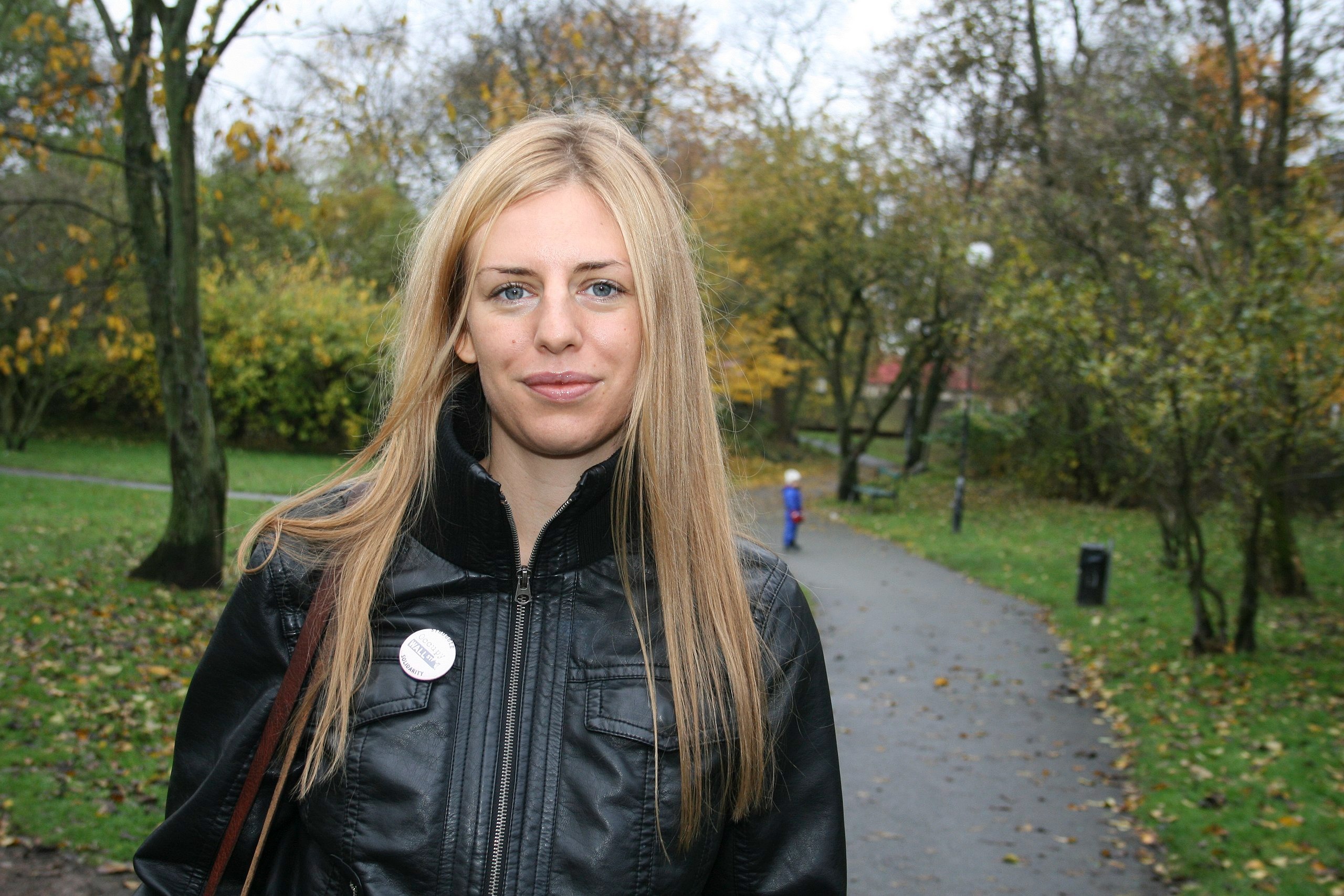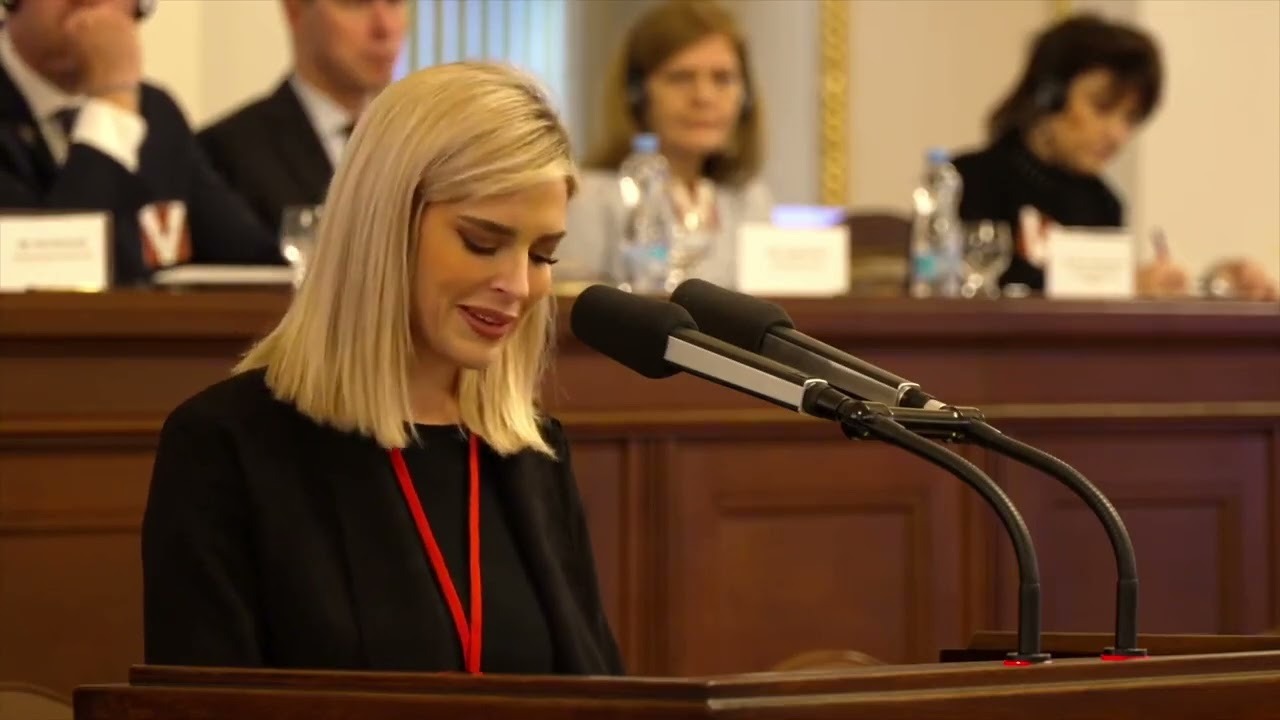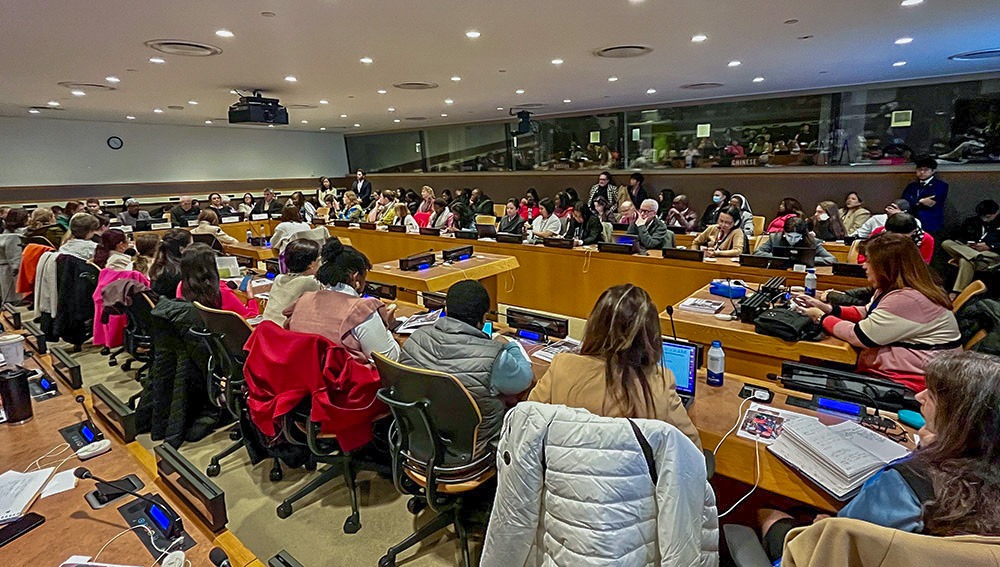The recent Casablanca Declaration conference in Rome united a diverse group of experts in their opposition to surrogacy. Swedish author Kajsa Ekis Ekman’s comment about various groups agreeing on the issue reflects the global consensus among Catholics, Protestants, Feminists, Marxists, and others against surrogacy.

Kajsa Ekis Ekman (Credits: Wikimedia Commons)
As a signatory of the Casablanca Declaration, I stand with 100 experts from 75 countries in advocating for a worldwide ban on surrogacy. Our coalition sees surrogacy as a violation of human dignity and the rights of women and children. We urge all countries to take decisive actions:
1. Prohibit surrogacy within their jurisdictions.
2. Invalidate contracts that involve a woman carrying and delivering a child.
3. Penalize individuals and corporations acting as intermediaries in surrogacy arrangements.
4. Prosecute individuals using surrogate mothers within their borders and nationals engaging in surrogacy abroad.
The conference featured speakers from diverse backgrounds, including members of the Italian parliament, representatives of the Vatican, bioethicists, lawyers, scholars, journalists, and feminists. The unanimous sentiment was that aggressive measures are necessary to end surrogacy globally.
Olivia Maurel, a prominent voice against surrogacy and a child born through this practice, shared her struggles and emphasized the psychological challenges faced by surrogate-born children. Many others like her feel silenced due to divided loyalties, preventing them from speaking out.
As the founder of Them Before Us, a nonprofit dedicated to defending children’s rights to their biological parents, I presented virtually at the conference. Our organization opposes surrogacy in all forms, seeing it as an injustice that prioritizes adult desires over children’s well-being.

Olivia Maurel (Credits: YouTube)
Surrogacy is primarily banned in Europe due to concerns about exploitation and similarities to human trafficking. However, it remains a contentious issue in regions like Africa and South America, where the fertility industry targets vulnerable women.
Even in regulated environments like the United States, surrogacy can lead to exploitation and harm. Jennifer Lahl, founder of the Center for Bioethics and Culture Network, highlighted stories of surrogate mothers facing medical, financial, and emotional challenges.
The conference strongly condemned commercial and altruistic surrogacy, highlighting the inherent risks and ethical concerns. The Vatican’s issuance of Dignitas Infinity further underscores the global opposition to surrogacy as a violation of human dignity.
Lastly, the Casablanca Declaration and events like the recent conference in Rome aim to raise awareness and advocate for legislative changes to end surrogacy practices worldwide.























